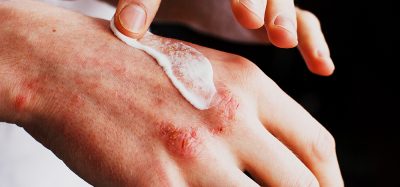ICH opens consultation on Q3E drug impurities guideline on leachables
Posted: 15 August 2025 | Dominic Tyer (European Pharmaceutical Review) | No comments yet
Draft publication is set to expand its frameworks for new medicinal products, including cell and gene therapies.


The International Council for Harmonisation (ICH) has opened a public consultation on its framework for drug impurities from leachables.
The draft Guideline for Extractables and Leachables aims to protect both patient safety and product quality through the assessment and control of leachables in drug products, with a primary focus on organic leachables.
Its assessment and control processes add to existing ICH guidelines on impurities, including those for new drug substances (ICH Q3A), new drug products (ICH Q3B), residual solvents (ICH Q3C), elemental impurities (ICH Q3D), and DNA reactive (mutagenic) impurities (ICH M7).
The ICH Q3E draft guideline, which was endorsed by the ICH assembly’s regulatory members in 2019, follows the principles of risk management previously outlined in ICH Q9 and also covers elements of materials characterisation and process understanding.
The Council expects the leachables guidance in ICH Q3E to help pharmaceutical companies in their licence applications for medicinal products, including cell and gene therapies, with drug delivery device components also falling within its scope. The framework should also assist regulatory authorities in their assessments of those products.
The ICH, whose remit covers the technical requirements for pharmaceuticals intended for human use, produces a range of advisory guidelines on areas such as quality, safety and efficacy.
Last month it provided updates on the ICH E2B(R3) guideline (Electronic Transmission of Individual Case Safety Reports (ICSRs)). These are in the process of being implemented by national regulatory bodies, with those in the US, EU and UK having already put them in place.
July also saw updates to the ICH’s work on adaptive designs for clinical studies in its E20 Guideline. Covering the design, conduct, analysis and interpretation of adaptive clinical trials, E20 provides regulatory review principles for the use of these studies in global drug development programmes.









